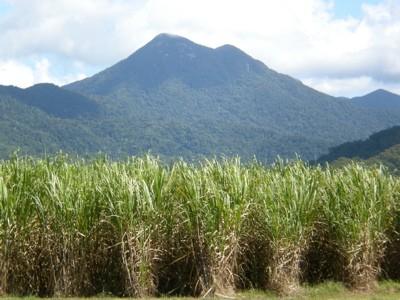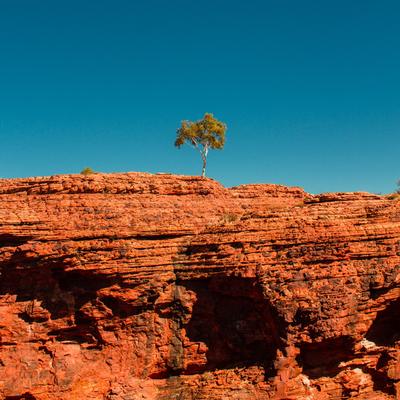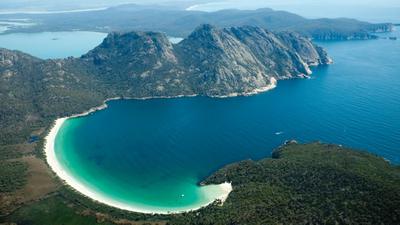Terms beginning with B
Bale of Hay
A large, tightly compressed cylindrical or rectangular bundle of hay
Baler
A machine used in agriculture for compressing materials such as hay into bales
Barley
A cereal grain, the seed of which is used in the production of food and some alcohols
Barn
A large building used for storage of produce or livestock on a farm
Bee
A winged stinging insect known for their important role in pollination and the production of honey
Beehive
A habitation for bees to live in, which can occur naturally or be purpose-built to allow beekeepers to collect the honey they produce
Bison
A large, hairy wild animal, similar to a cow or ox and native to North America and Europe
Boar
A tusked wild animal, ancestor of the modern pig
Breed
To mate animals so that they will produce offspring, OR a specific strain of animals within a larger species that share a common appearance and characteristics
Bucket
A container, typically rounded and with a handle, used for carrying things
Buffalo
A large wild ox with backwards-pointing horns, native to Asia and Africa, OR see 'bison' (buffalo in North American is synonymous)
Bull
An uncastrated male bovine
Baconer
A finished pig sold to be made into bacon or ham; heavier than a porker
Barton
See yard.Bird Flu
See Avian Influenza.Blob Marker
A device that leaves a temporary trail of foam blobs in its path to show that a tractor driver can see where he has already been when working in a manner that leaves no tracks
Bovine Spongiform Encephalopathy
Scientific name for 'mad cow disease'; a neurodegenerative disease occuring in cattle that can also affect other animals
Bovine Tuberculosis
A bacterial disease occurring in cattle which may also infect other mammals; the main reason for the pasteurisation of milk
BSE
See Bovine Spongiform Encephalopathy.Bullock
A castrated male bovine
Busk Calf
A calf sold at weaning (6-10 months of age)
Biological Diversity
The diversity among living organisms on planet Earth, within and between species
Biomass
The mass of organic materials (including plants, animals and microorganisms), which may be used to produce energy
Boreal Forest
A forest that grows in the cold climates of the northern hemisphere







